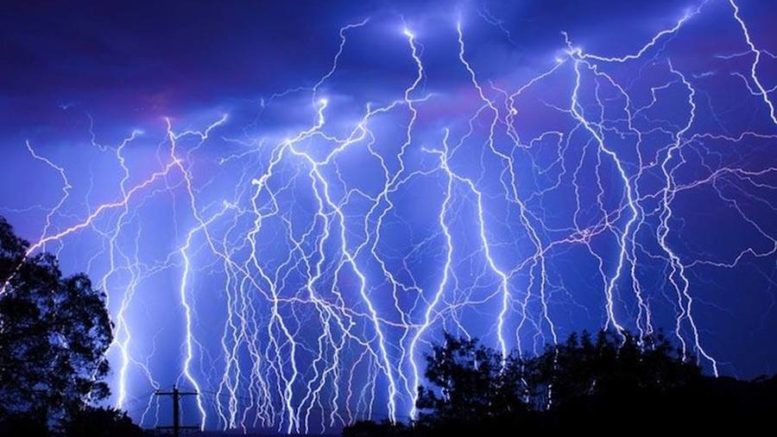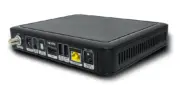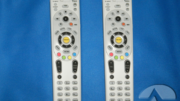It seems like most satellite equipment has a green screw intended for a ground wire. Yet, most of the time those green screws go unused. Should you feel massive guilt pangs from not having grounded every splitter, every connector, every switch in your system? I mean, if you really got into it, that would be an awful lot of copper wire and you’d have to figure out where to go with it. Let’s take a deeper look.
Should you ground the stuff inside your home?
Probably not. Oh, don’t misunderstand — grounding is very important. It’s one of the most important things you can do. But it’s not necessary for a residential setup to ground the things that are inside. With commercial installs, most of the distribution equipment is mounted to a metal plate which is then grounded, so the entire system is grounded. In that case, we refer to the procedure not as grounding, but as bonding. The metal plate is grounded, while the equipment attached to it is bonded.
With home equipment, if you even have an external SWM, it’s likely to be mounted to a wall with no ground. The same is true with the splitters. A ground wire coming from the SWM isn’t a bad idea, but it’s not strictly necessary.
Here’s what is strictly necessary.
The most important thing to ground is your dish or antenna. It’s likely to be at the highest point in your home and most prone to lightning strikes. Use a good ground block and follow the procedures outlined in your local laws and ordinances. Make sure you’re grounding to a good source like the whole house ground or a properly placed grounding rod. It’s important to know what’s legal in your area. A local licensed contractor or the clerk at your local city or town hall can usually help you with this information.
Remember, a thin piece of copper isn’t going to really stop lightning from hitting. That’s not its purpose. If lightning does strike, you lose, Period. It’s important to make sure it doesn’t happen, as much as is possible anyway. Using proper grounding procedures will help dispel static buildup that can make a lightning strike start.
We also strongly recommend using a grounded surge protector (one with three prongs.) Most consumer electronics equipment uses two-prong plugs, so a grounded surge protector isn’t necessary to make them work, but grounding the surge protector will help with spikes and keep your system as stable as it can be.
The bottom line here
When it comes to those grounding screws on the splitter and switch, don’t worry too much about them. If you’ve used a proper ground block outside, then you’ve grounded the cable, which grounds to the splitter and the switch. You should be all set. Still, it doesn’t hurt to be careful.
Of course, I would certainly appreciate if you shop at Solid Signal for the grounding bits you need, as well as anything else you need to live your best digital life. If you have questions, call us at 888-233-7563 during East Coast business hours.





